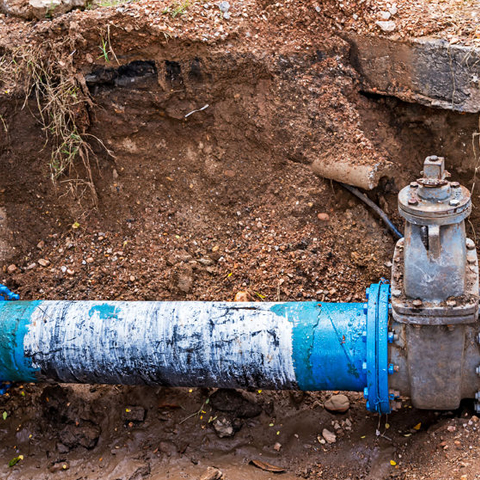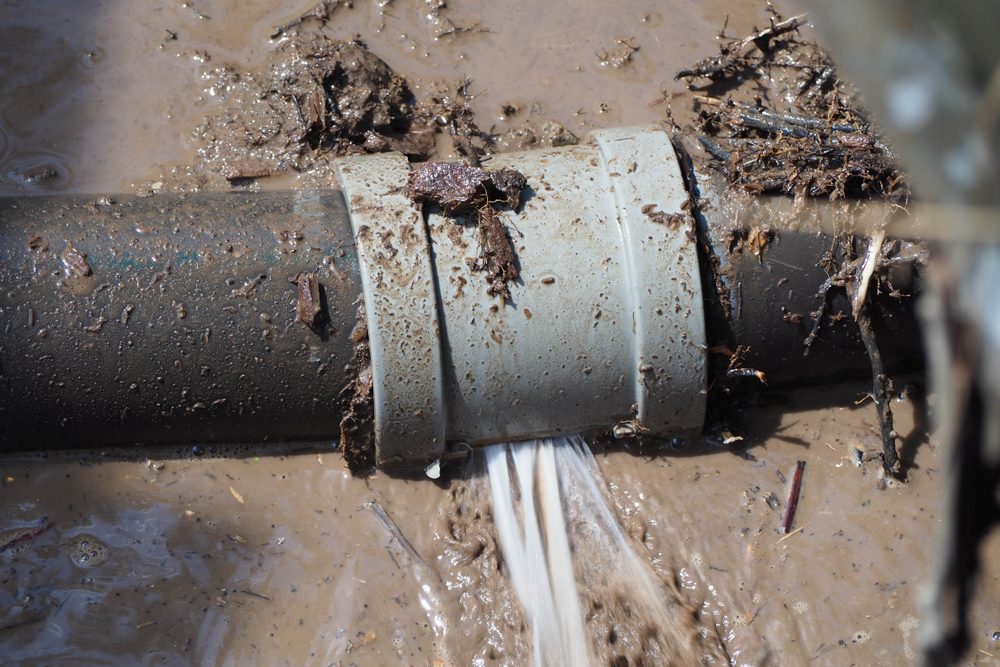On this page down the page you can locate some helpful ideas about The Do’s And Don’ts When Water Floods Your Home.

What should you do if a water pipe ruptureds in your residence? The longer you wait, the more extreme the damages that can occur to your building. For these reasons, you require to discover exactly how to act in the event of a ruptured water pipeline.
Turn off the Main Waterline Shutoff
The first thing to do? Close the shut-off valve. Look for the neighborhood shut-off shutoff to shut off the water in one specific location only. Go for the major water line valve and also transform it off if you don't recognize where the localized shut-off shutoff is. This action will remove the water promptly in your whole residence. Typically, the major valve is found outside the residence next to the water meter. If it's not there, you can additionally discover it in 2 locations: in the basement at eye degree or the 1st flooring on the ground. Generally, building contractors put the shut-off shutoff in the main ground degree restroom or appropriate beside it.
Call Water Damages Restoration Pros for Assistance
After closing the water resource, call the specialists for aid. With their expert aid, you can stop much larger water damage consisting of deformed walls, loosened ceramic tiles, or damaged structures.
Document the Damage For Insurance coverage
While you're waiting for the pros to get here, obtain some paperwork of the damage caused by the errant pipeline. Do close-up shots of the harmed valuables and also places.
Restore Things That Can Be Saved
Check out the harmed items and take out the most vital ones from the pile when you're done taking pictures. Dry them off in a dry/warm area away from the damaged location as well as try to maintain them as high as you can. Drag as much wetness as you can to the material so it can start to dry out.
Start the Drying Refine
You require to begin the drying process asap. Luckily, the water from your waterlines is already tidy so you do not have to bother with drain water. The streaming water may have interrupted the dust and particles in your floorboards and also carpets. In this instance, put some handwear covers on as well as start some troubleshooting. Usage buckets to unload out the water. Blot out as much water as you can from the surface areas with old towels. Switch on an electrical fan or open your home windows to promote air flow. These actions will accelerate to dry and also discourage mold and mildew as well as mold growth.
Professionals are the only individuals qualified to evaluate correctly and also fix the burs pipes and also subsequent damages. As constantly, pipes do not simply all of a sudden break out of the blue. They typically offer silent red flags like gurgling paint, water discolorations. Strange sounds in the plumbing, caving ceiling, musty smell, or peeling off wallpaper. Keep in mind of these indications as well as do some safety nets so you can nip any problems in the bud.
What should you do if a water pipe bursts in your home? For these factors, you require to learn how to act in the event of a burst water pipeline. After closing the water resource, call the professionals for help. With their professional assistance, you can protect against a lot larger water damages consisting of deformed baseboards, loose floor tiles, or harmed structures. Thankfully, the water from your waterlines is already clean so you don't have to fret regarding sewage system water.
Water Pipe Burst: Steps You Need to Take Now
Freezing Temperatures
If you live in a climate where temperatures drop below freezing, be aware of the heightened potential for pipe problems.
When temperatures drop, the water inside your pipes may turn to ice. As more water trickles in, the frozen area grows… and the frozen water expands.
Over time, the pressure may be too much. Bonds in the pipe weaken and cracks form. When the ice finally melts, the temperature change can shatter both the ice and the surrounding pipe. If the pressure is strong enough, the pipe bursts.
Rust and Corrosion
Corrosion is another common cause of burst pipes. Rust and corrosion build up inside pipes, especially in older homes and in areas where water has a high iron content.
Over time, the corrosion weakens pipes, leading to an increased chance of a burst. Steel pipes are especially susceptible to rust.
To prevent rust and corrosion, replace steel pipes with plastic or copper. These types of pipes tend to resist corrosion longer.
Tree Roots
When trees around your home grow taller, their roots grow downward and outward, too. Sometimes, roots come in contact with water pipes.
In a battle between tree roots and pipes, the roots usually win. As roots continue to grow and press against the pipes, the pipes crack, leading to leaks.
To keep roots from encroaching, be sure to plant trees far from your water pipes. Choose slow-growing tree varieties that have small root balls.
If trees are already encroaching, you may try to add a physical or chemical barrier to prevent roots from accessing pipes.
Clogs
You already know that clogs can back up your sink and shower drains. But did you know that they can lead to burst pipes, too? A clog can cause water pressure to build up behind it, especially if it’s deep within the system.
That’s why it’s important to be mindful of what gets poured down the drain, goes into the garbage disposal, and flushed down the toilet. Limiting drains to water and approved materials can help prevent deep clogs.
What Happens When a Water Pipe Bursts?
Speaking of water damage, what happens after a water pipe burst? The bad news is that, if left unrepaired for too long, a burst pipe can result in serious damage to your home.
First, there’s mold growth. After just three days, mold and mildew can start to grow. Mold loves dampness; if the water sits too long or areas don’t get thoroughly dry, mold can take over.
Mold exposure has been linked to respiratory problems. It’s especially bad for those with allergies or asthma, as it can exacerbate both issues.
If you want to sell your home, mold can really throw a wrench in your plans. It’s important to prevent the growth of this toxic substance.

We were made aware of that article on Do’s And Don’ts For Homeowners Managing With Water Damage through an associate on another domain. Sharing is caring. You never know, you might be helping someone out. Thank you for your time. Come back soon.